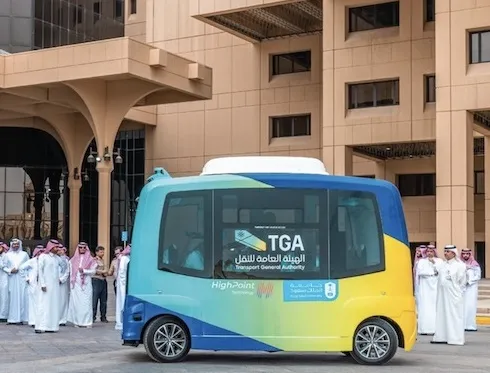German machine vision specialist Vitronic has received the Central Innovation Program for SMEs (ZIM) award 2013 for outstanding commercial success achieved through innovation. Vitronic used funding provided under ZIM, operated by the Federal Ministry of Economics and Technology (BMWi), to develop its Lidar laser based technology system for video-based traffic surveillance at traffic light intersections. Vitronic claims Lidar overcomes the limitations of conventional technology such as radar, loops or light
May 20, 2013
Read time: 1 min
German machine vision specialist 147 Vitronic has received the Central Innovation Program for SMEs (ZIM) award 2013 for outstanding commercial success achieved through innovation.
Vitronic used funding provided under ZIM, operated by the Federal Ministry of Economics and Technology (BMWi), to develop its Lidar laser based technology system for video-based traffic surveillance at traffic light intersections. Vitronic claims Lidar overcomes the limitations of conventional technology such as radar, loops or light barriers in traffic surveillance and enforcement in dense traffic.
The company launched its first Lidar-based speed enforcement, PoliScan Speed in 2006.
Vitronic's managing director, Dr Ing. Norbert Stein explains that the innovative traffic surveillance technology is aimed at rapidly growing emerging markets with an escalating number of road users and with a higher-than-average number of accidents. Statistics indicate that accidents are already down by around 75 per cent at intersections where the system has been installed, in Qatar, Dubai and Saudi Arabia.
Vitronic used funding provided under ZIM, operated by the Federal Ministry of Economics and Technology (BMWi), to develop its Lidar laser based technology system for video-based traffic surveillance at traffic light intersections. Vitronic claims Lidar overcomes the limitations of conventional technology such as radar, loops or light barriers in traffic surveillance and enforcement in dense traffic.
The company launched its first Lidar-based speed enforcement, PoliScan Speed in 2006.
Vitronic's managing director, Dr Ing. Norbert Stein explains that the innovative traffic surveillance technology is aimed at rapidly growing emerging markets with an escalating number of road users and with a higher-than-average number of accidents. Statistics indicate that accidents are already down by around 75 per cent at intersections where the system has been installed, in Qatar, Dubai and Saudi Arabia.









